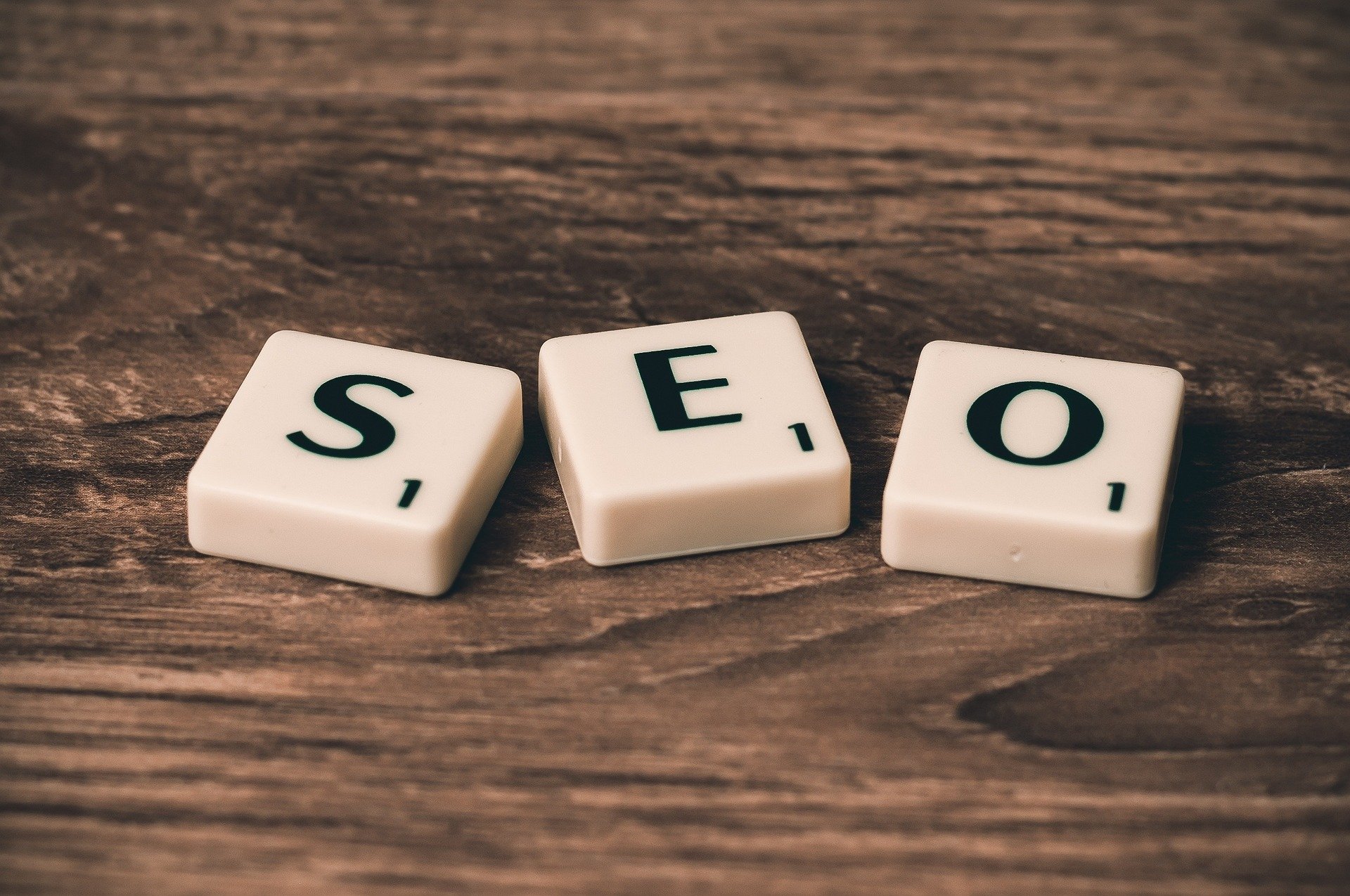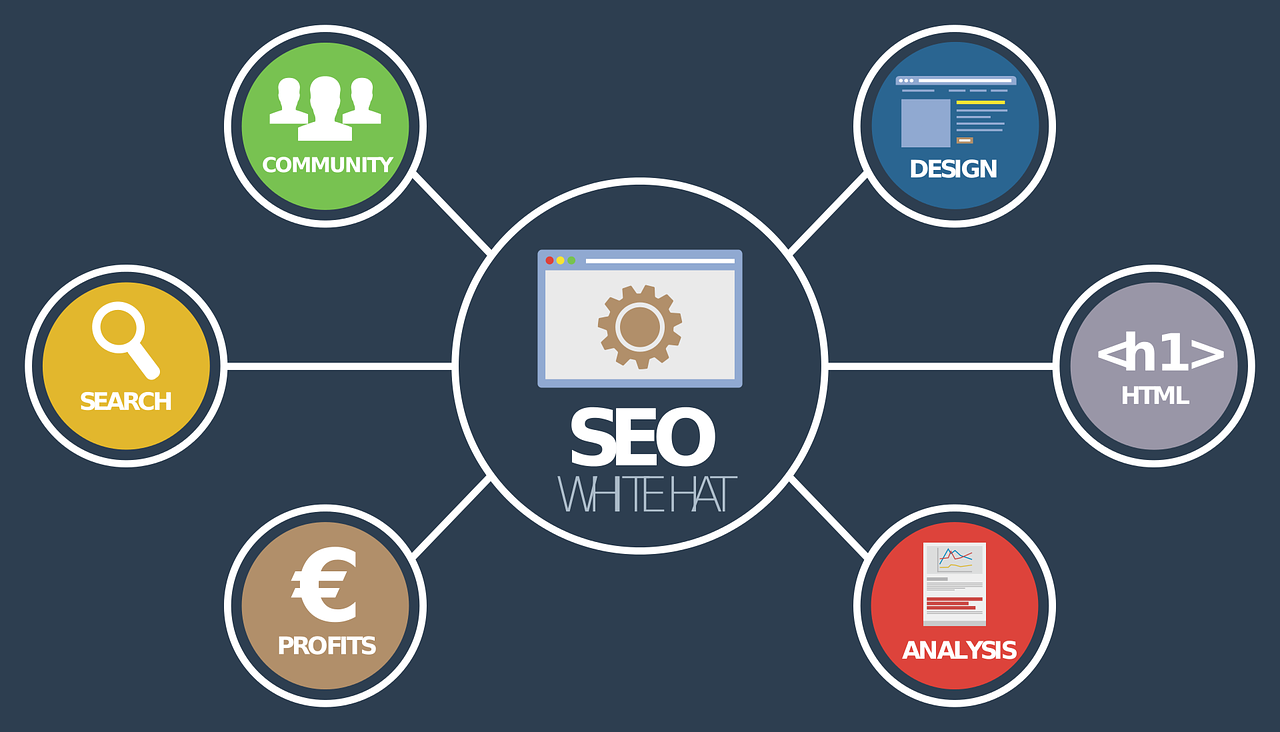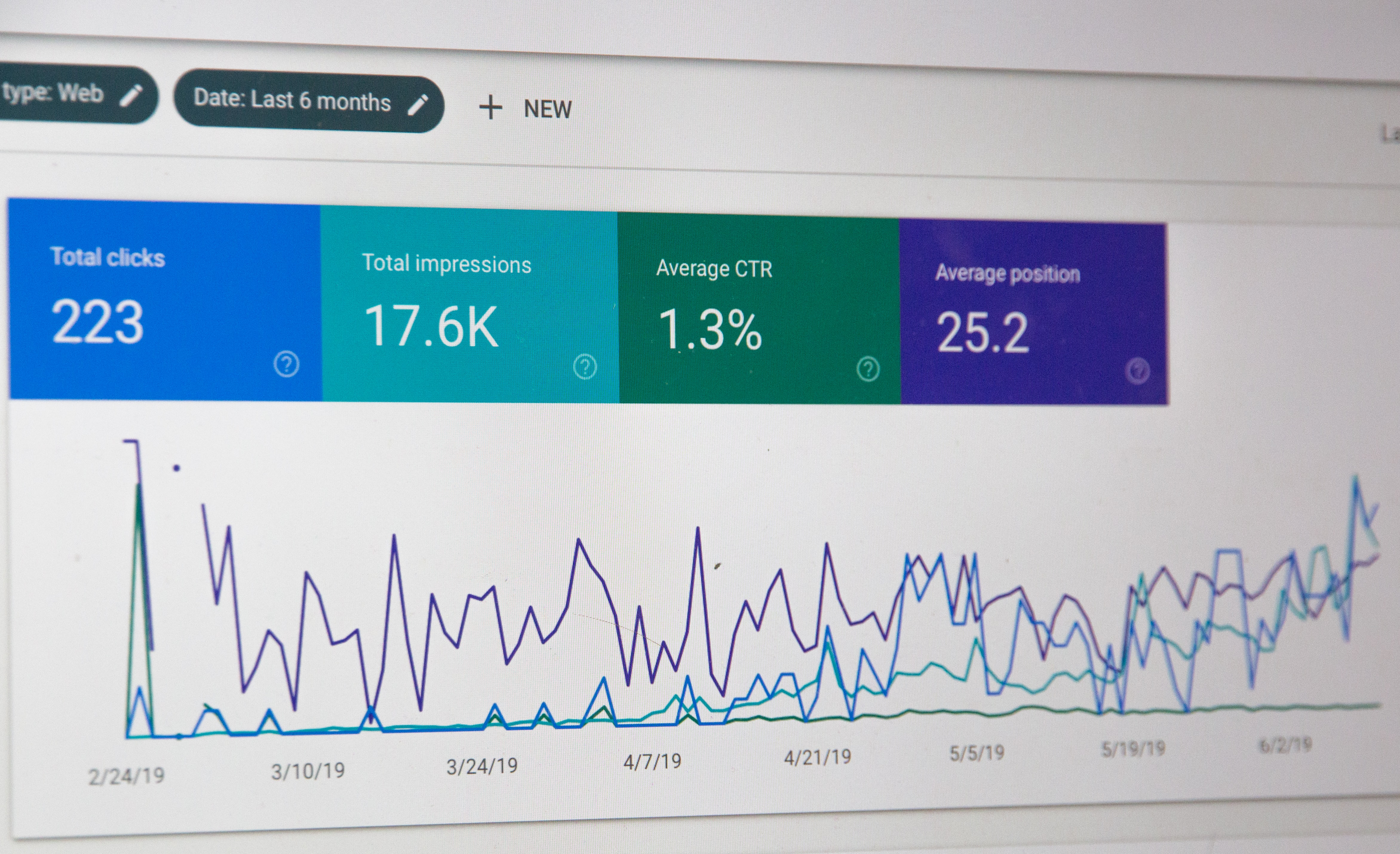Recognition by Startup India
Recognition by DPIIT under Startup India scheme is no mean feat! Lots of paperwork and innovative idea help make the cut. Sharing our Startup India story…
Recognition by DPIIT under Startup India scheme is no mean feat! Lots of paperwork and innovative idea help make the cut. Sharing our Startup India story…
Amazon SEO means exhibiting your product listings to appear at the top of the Amazon search results. This blogs discuss Amazon SEO and it’s algorithm.
Your website is a place where most people will associate with your business. Both your online and offline marketing stuff will in all likelihood send users to your site.
Let’s examine the significance of a website for your business achievement and what you have to think about beginning with an expert/professional site for your business.
Have you ever wondered why among the hundreds of articles, only a few show up on the first page of Google? On what parameters does the Google rank the different web pages?
All this happens because of a practice called “Search Engine Optimisation (SEO)”.

Image by William Iven from Pixabay
What is SEO?
Search Engine Optimisation (SEO) is the practice of optimising your online content which helps the search engine to show it as a top result for searches of a particular keyword. To put it in simple words, SEO is the process of getting website traffic from free & organic search results on earth engines. SEO works by demonstrating to search engines that your website’s content is the best result for the content searched.

Why is SEO important?
On-page SEO
On-page SEO (also known as on-site SEO) is the practice of optimising the web pages that answers searcher’s question and hence rank higher on search.
In addition to publishing relevant, high-quality content, on-page SEO includes optimising your headlines, HTML tags (title, meta, and header), and images. It also means making sure your website has a high level of expertise, authoritativeness, and trustworthiness.
Off-page SEO
Off-page SEO is link building marketing or acquiring the most relevant backlinks from as many relevant high authority sites to achieve and maintain high rankings on the SRPs.
Off-page SEO simply tells Google what other websites think about your site. For example, if you’ve got a lot of valuable links pointing to your web pages, search engines will assume that you’ve got great content – the type that provides value for users. Thus making your webpage rank higher.

How to Achieve Perfect SEO?
Conclusion
After learning about SEO and how it functions, you can now attempt to make changes to your site to and boost your rankings on the search engine results page.
Always remember, there are a plethora of factors that may impact your SEO score, but the most significant thing to remember is whether your content is valuable and relevant to your intended audience.
About the author
With extensive experience in the commercial utilisation of multiple social media channels including Facebook, Instagram and YouTube, Jayant builds successful social strategies that increase brand awareness, promote customers engagement and ultimately drive web traffic and conversions. With an undergraduate degree in business administration and strong business acumen, he brings a customer-focused approach to online and social marketing.